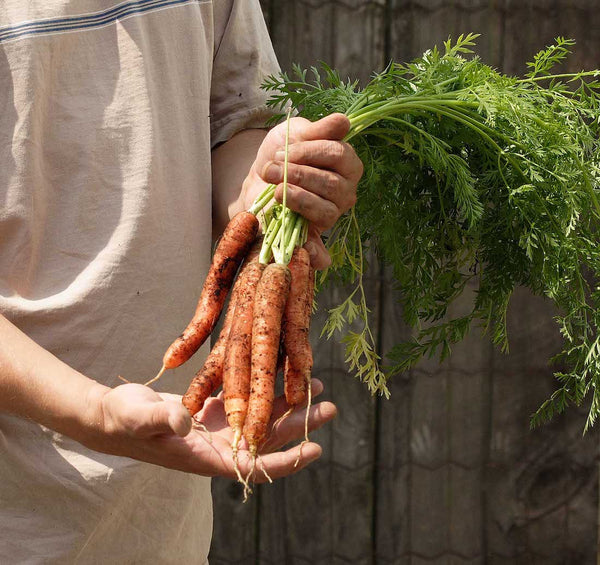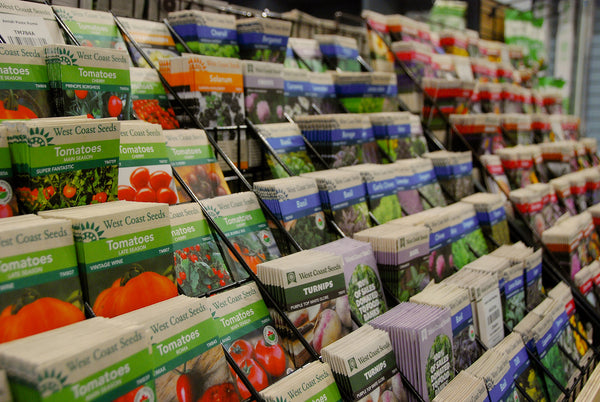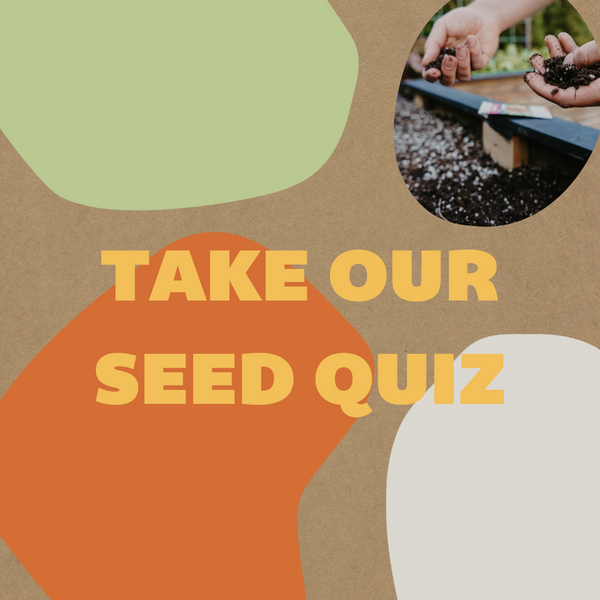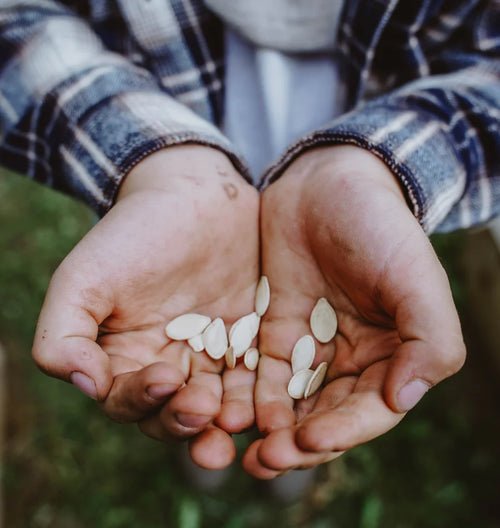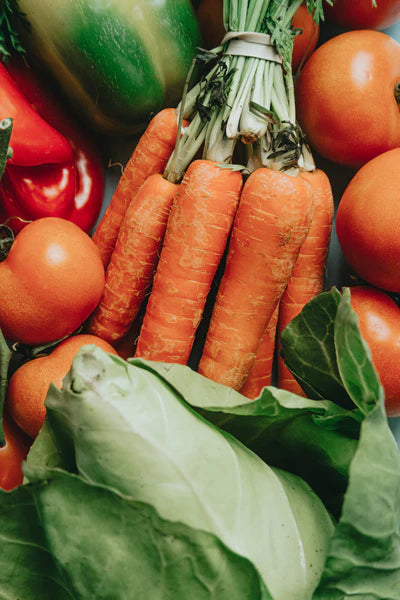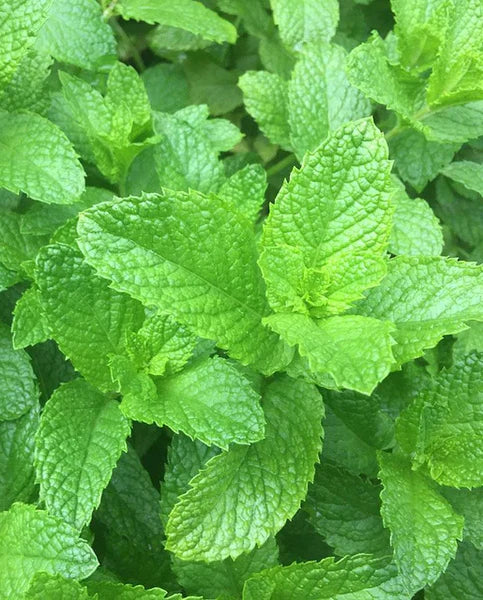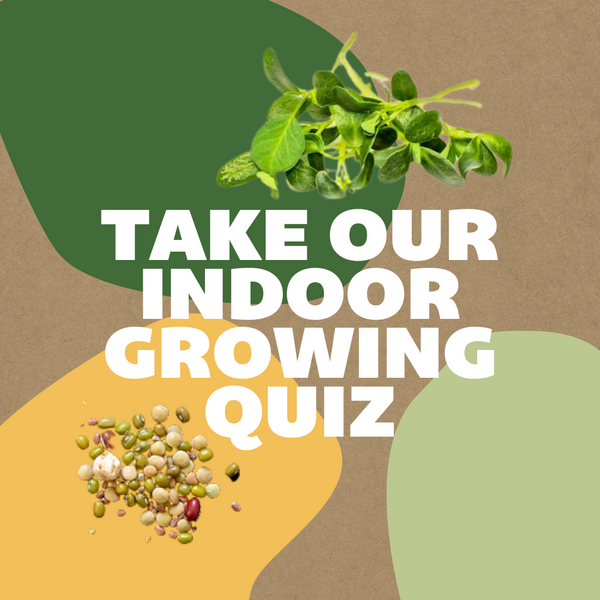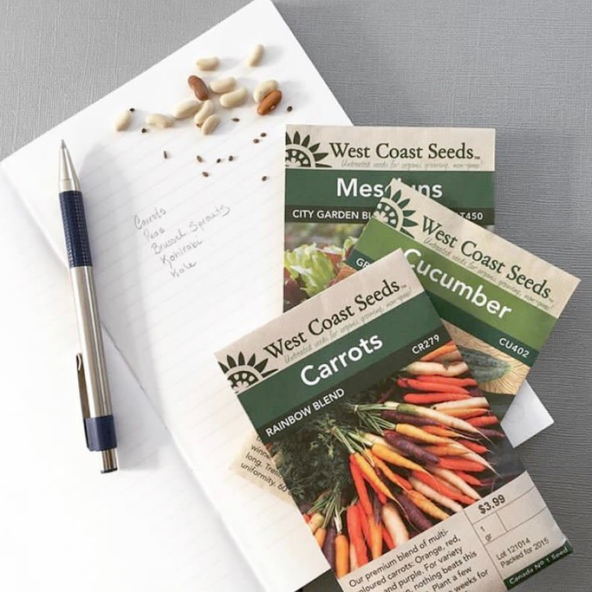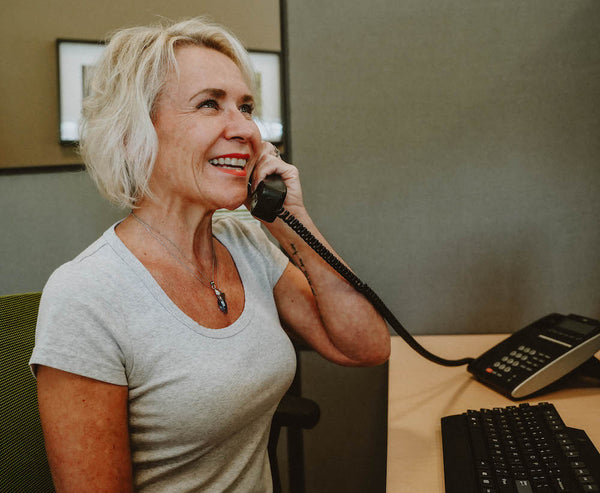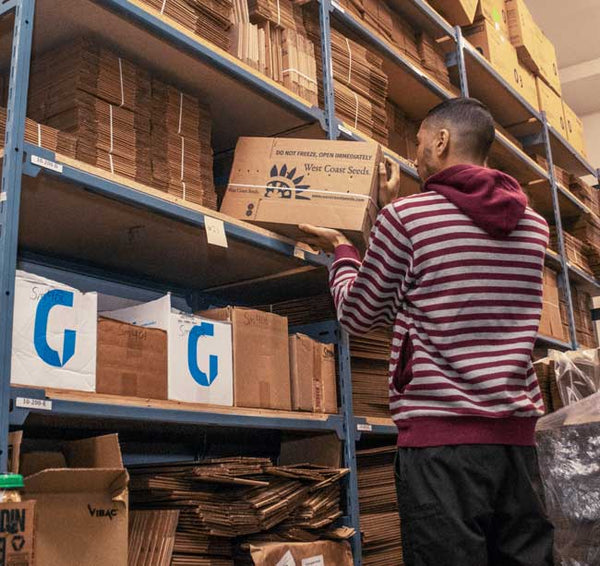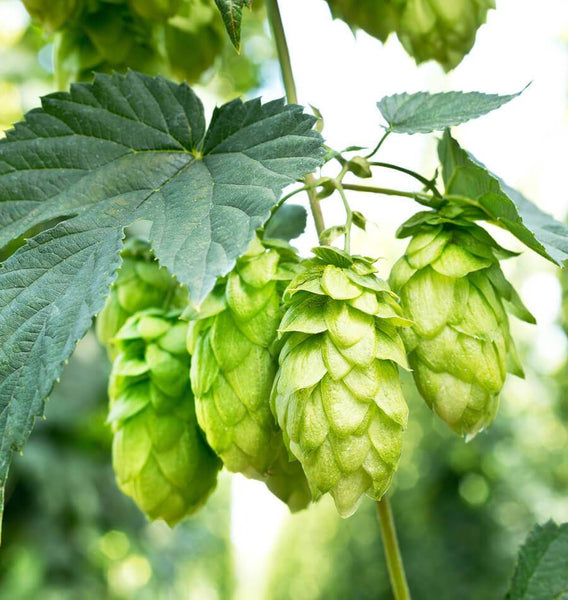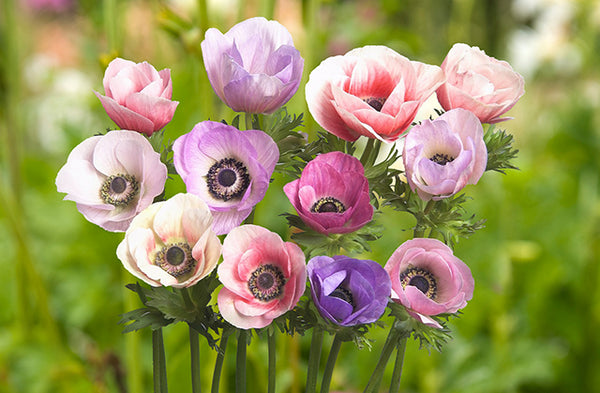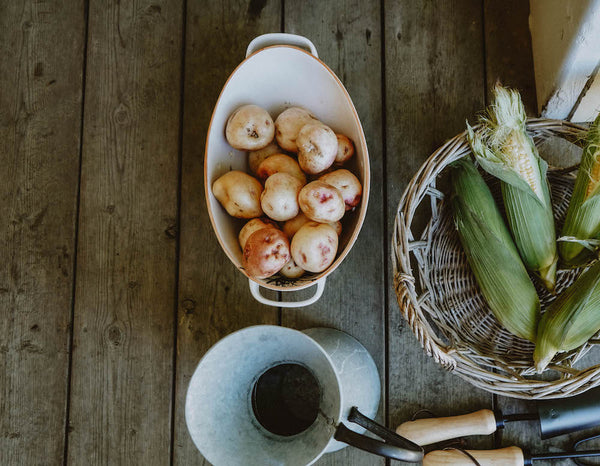Located on Treaty 6 Territory, Battle River Treaty 6 Health Centre and Battleford Family Health Centre (BRT6HC & BFHC) provides community-based services to promote, support, and encourage the physical, mental, social, and spiritual health of the people living in the Battlefords and surrounding First Nation Communities.
Our vision is to contribute to an environment where all children are born into healthy, supportive families and communities that honour traditional cultural values and promote independence, self-determination, and participation in community life.
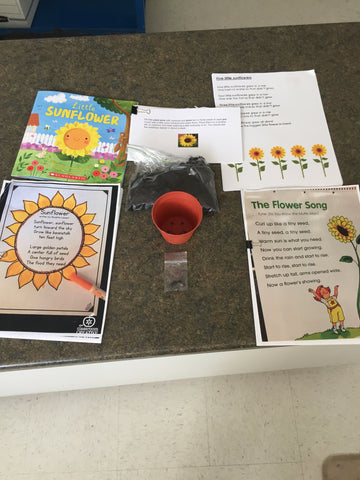
Resources to learn about growing sunflowers.
1 in 8 households in Canada is food insecure, amounting to over 4 million Canadians, including 1.15 million children, living in homes that struggle to put food on the table. It is a serious problem in Canada that negatively impacts physical, mental, and social health including multiple chronic conditions such as Type 2 diabetes, and costs our healthcare system considerably. The National Call to Action Report also supports obesity as a threat to children’s health, with Saskatchewan having the highest rate of childhood obesity. Because of this, Battlefords' Family Health Centre has actively sought ways to address the high rates of food insecurity, Type 2 diabetes and childhood obesity in our community.
The 11th edition of the food price report, published annually by Dalhousie University and the University of Guelph, has expanded this year to include the University of Saskatchewan and University of British Columbia, making it more national scope. Researchers said in the study that COVID-19 will continue impacting food prices in 2021, as well much of the produce Canadians consume comes from California, a state ravaged by wildfires, this will also affect food prices. Vegetables are where people are going to notice the greatest impact thus making this project even more important for vulnerable populations. The Healthy Living Land Based Learning Community Garden Project in the Battlefords is designed to increase the amount of nutritious food available to all people while keeping people physically active. As well, children, youth, families and seniors engage in active living while incorporating language, traditional cultural knowledge, healthy eating, intergenerational interactions, social participation, and community supports.

Community gardens beginning to grow.
In 2007, the community allotment garden began with 13 plots and with a steady growth over the past 14 seasons has grown to over 65 plots and raised boxes between the North Battleford and Battleford garden sites located in Treaty 6 Territory. Allotment gardens have many benefits, for both the gardener and the community, and as a result, the steady grow in BFHC community garden project is not surprising. The benefits include fresh food — many studies have shown the shorter distance between harvest and table, the better the food is for you, cultural and spiritual practices, financial gains, socialization, volunteerism, improved mental health and education. Land reclamation — The BFHC garden project takes place on lots that have been abandoned or are ignored. Without development the lots attract garbage and crime. These lots have been turned into productive and safe areas for garden participants and community members.
The community gardens promote friendships and inter-generational experiences to support the transfer of knowledge between Elders, children, seniors and youth. The gardens also helped to inspire a greater sense of community belonging, pride and inclusion by broadening the base of programming related to healthy eating and active living, and to increase ownership and capacity through the weekly knowledge sharing and hands on learning.
The community gardens promote friendships and inter-generational experiences to support the transfer of knowledge between Elders, children, seniors and youth. The gardens also helped to inspire a greater sense of community belonging, pride and inclusion by broadening the base of programming related to healthy eating and active living, and to increase ownership and capacity through the weekly knowledge sharing and hands on learning.
Participants garden a small plot, which increases physical activity and provides nutritious food, reduces depression, and improves brain health. Participants can access the gardens by foot, bike, strollers, and wagons which prompts people to take a more active transport option in their daily lives. We provide free tools, seeds and knowledge during the daily garden hours staffed by outreach workers. Families and seniors gain knowledge of the natural world through land based learning, traditional knowledge, Cree language, and gardening. Weekly events include a healthy meal, physical activity and activities to further traditional knowledge, Cree language, demonstrate healthy living. All events and garden activities have been adapted to meet ongoing health precautions.
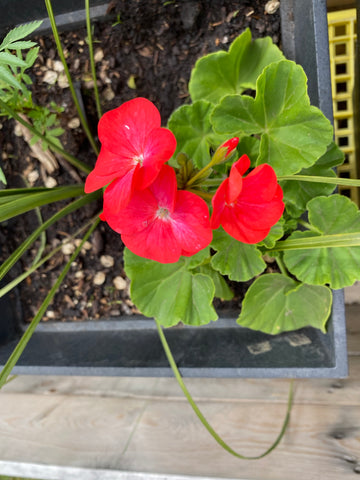
Flowers starting to bloom.
We serve a diverse population, people who identify as seniors, women, Indigenous, newcomers, LGBTQ2S+, visible minorities, people with disabilities, youth, individuals experiencing homelessness, and low income. The project is open to everyone!
Over the years our project has developed partnerships with the following agencies:
Catholic Family Services, Friendship Centre, the Light House, Connaught School, Daycare Centres, Battlefords Trade and Education Centre, Sask Hospital Industrial Therapy Department, KidsFirst, immigrant & refugee families, Boys and Girls Club, BFHC chronic disease patients, Elementary and High Schools, and mental health group homes. These partnerships enabled the agencies to enhance the services that they provided to their client base.
Currently there are no similar projects available to people in the Battlefords. Battlefords Family Health Centre Healthy Living Land Based Community Garden Project is a free project with a strong focus on cultural education. Part of our success and growth has come from our unique project and its availability and accessibility to all members of our community.
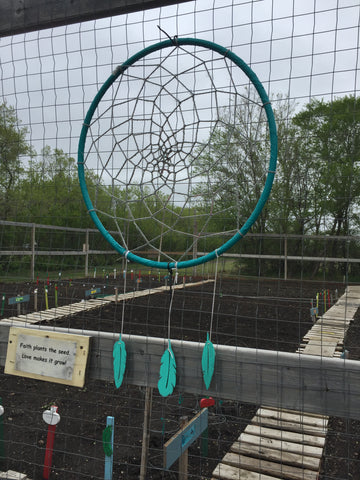
Dreamcatcher hanging over the community garden plot.
This project is funded through proposal driven community, provincial, and federal grants, community partners, volunteers and in kind donations. For the past 2 seasons we are blessed with the addition of support from West Coast Seeds to our sponsorship team which we are able to share with our 180 direct participants, 2 partnering schools indirectly due to COVID-19 precaution bubbles, sharing produce with community agencies and campers at Eiling Kramer site.
View our 2021 project promotional video and follow our instagram account for more information.
Our season is just beginning and we are developing new online resources: reconciliation / residential school for Early Learners, also putting together literacy/garden packs for kids using the sunflower seeds from West Coast Seeds.
